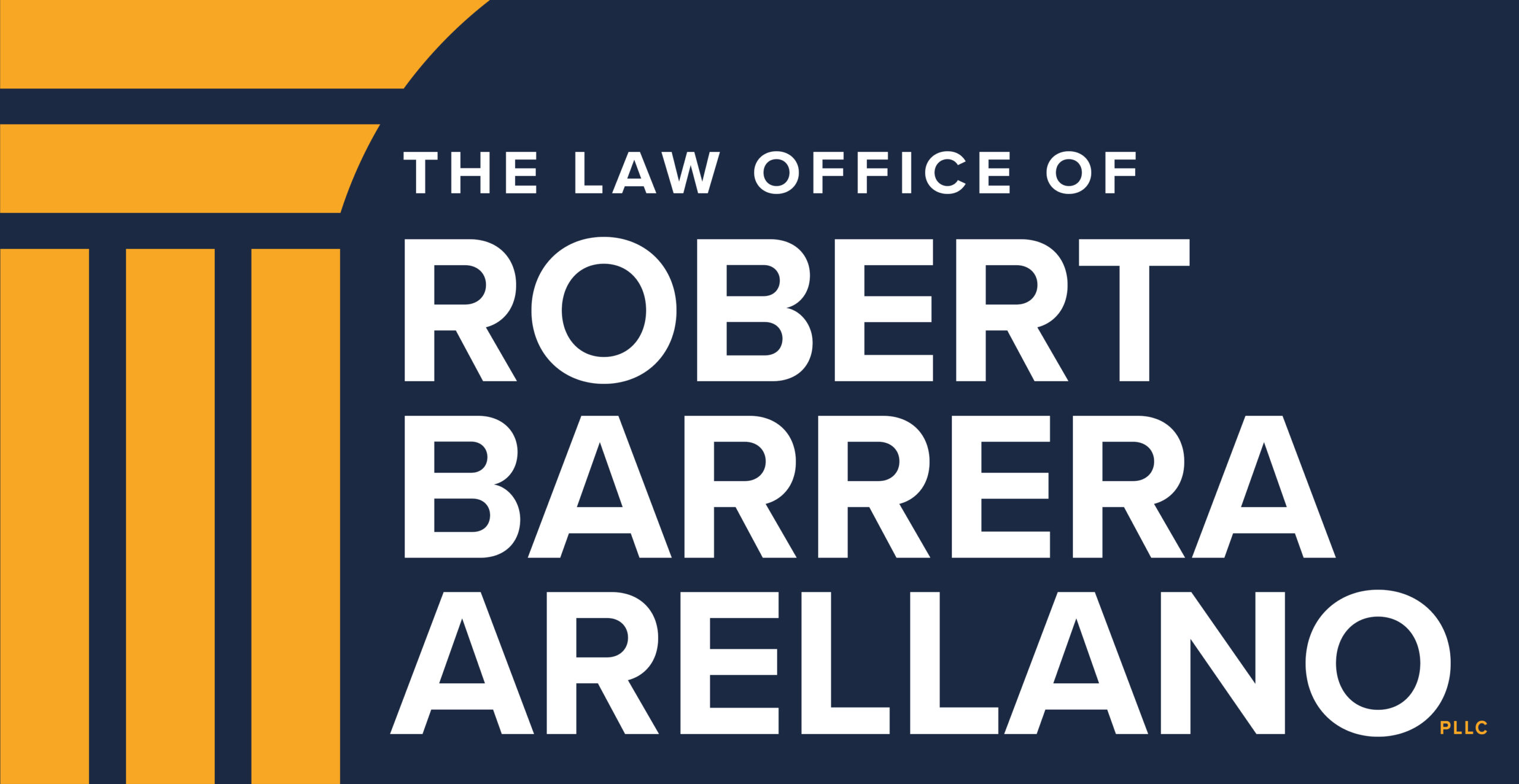
DWI Blog
If this is your first DWI/DUI offense in Texas, you may face penalties such as fines, license suspension, and mandatory alcohol education classes. Generally, a first offense might result in a fine of up to $2,000, a 90-day to 1-year license suspension, and mandatory participation in an alcohol education program. In some cases, you could also be required to install an ignition interlock device in your vehicle.
A second offense brings more severe consequences. For a second DWI/DUI, you can face higher fines, an extended license suspension (up to 2 years), and possibly mandatory jail time. In Texas, the penalty for a second offense could include:
In addition, your chances of getting probation decrease if your BAC was high at the time of the offense, making it essential to have skilled legal representation.
By the time you reach a third DWI/DUI offense, the penalties become much harsher. A third offense is classified as a felony under Texas law, and this means you could face:
A felony conviction can significantly impact your future, both personally and professionally, making it crucial to seek the best legal counsel available.
Some aggravating factors can increase the severity of your penalties even more. These include:
The penalties for multiple DWI/DUI offenses include not only jail time and fines but also additional requirements like:
A repeated DWI/DUI conviction often means longer license suspensions or even complete revocation. For a second or third offense, Texas law allows for the possibility of:
If you’ve been arrested for multiple DWI/DUI offenses, it’s essential to hire an experienced attorney who specializes in these cases. A skilled lawyer can help reduce penalties, negotiate plea deals, and offer defense strategies to challenge the charges against you. With the stakes higher for multiple offenses, the expertise of a seasoned attorney is invaluable.
A DWI/DUI conviction can affect many areas of your life. Aside from the legal penalties, you might find it difficult to secure employment, especially if your job requires you to drive. Your insurance premiums may also skyrocket, and your criminal record will follow you.
Challenging multiple DWI/DUI charges requires a thorough defense strategy. A few common defenses include:
If you are sentenced to probation, you must comply with strict conditions, which may include regular check-ins, substance abuse counseling, and attending alcohol education programs. Violating any terms of your probation could result in serving time in jail or prison.
If convicted, you have the right to appeal. An appeal doesn’t mean a retrial, but rather a review of your case to ensure there were no legal errors that impacted the outcome. If successful, an appeal can reduce or even overturn the conviction.
Once you’ve been convicted of DWI/DUI multiple times, avoiding further offenses becomes crucial. Alcohol treatment programs, designated drivers, and making safe transportation plans are all ways to prevent future issues
Having more than one DWI/DUI conviction in Texas is a serious matter that can lead to severe consequences. Whether you’re facing jail time, fines, or a long-term suspension of your driving privileges, understanding your rights and options is crucial. Don’t hesitate to reach out to a qualified attorney who can guide you through the process and help you achieve the best possible outcome.
If you’re facing multiple DWI/DUI offenses, don’t wait to get help. The Law Office of Robert Barrera Arellano offers aggressive and skilled legal representation for those accused of repeated alcohol-related offenses.

DWI refers to driving with a BAC of 0.08% or higher, while DUI generally applies to minors under the influence of alcohol or drugs.
A second offense can result in a license suspension for up to 2 years.
Probation is possible for a third offense, but it is more difficult to obtain, and prison time is often a possibility.
An ignition interlock device is a breathalyzer that prevents you from starting your car if your BAC is above a set limit.
Yes, you can appeal your conviction, but it’s important to work with an attorney to determine the best course of action.